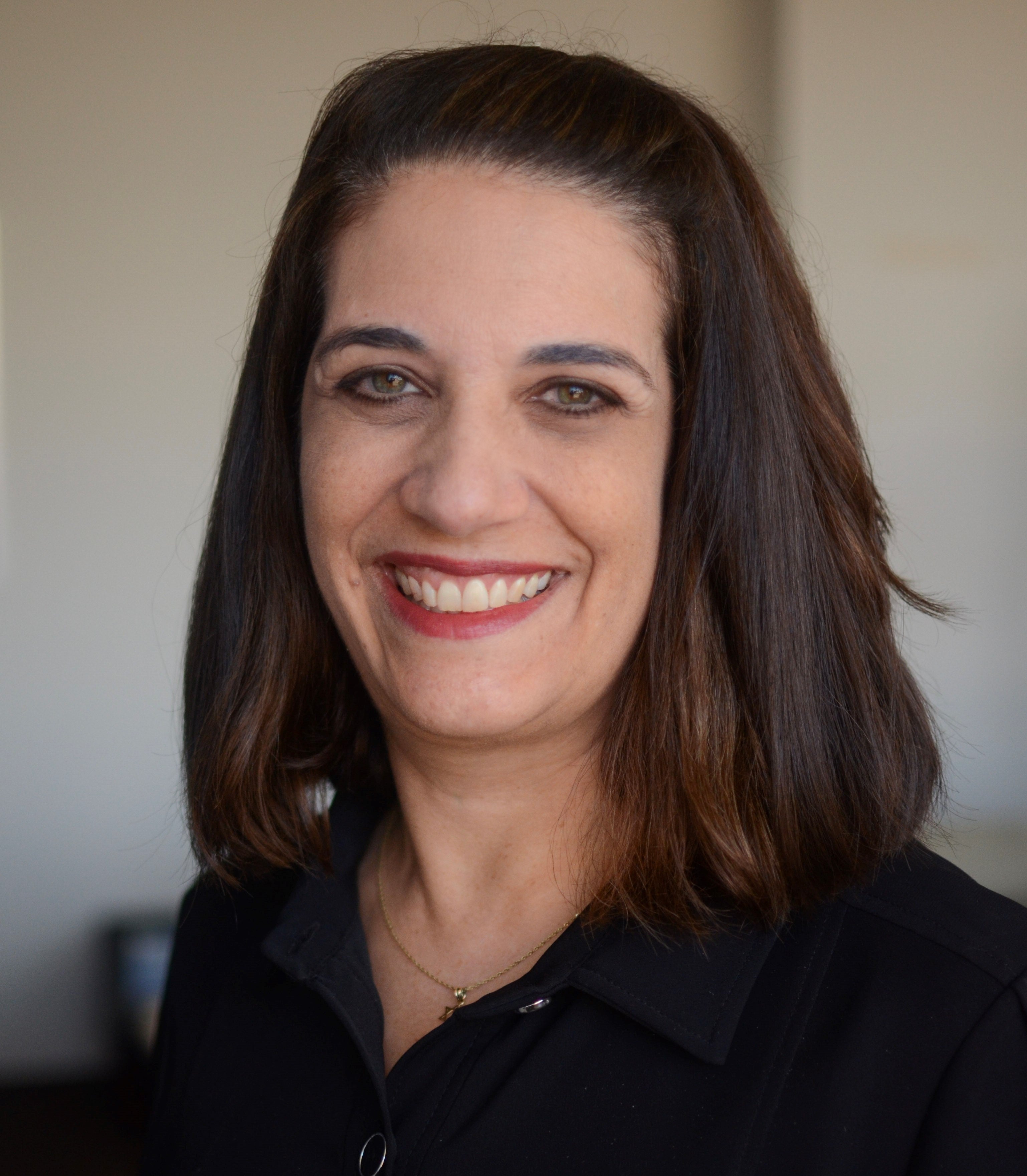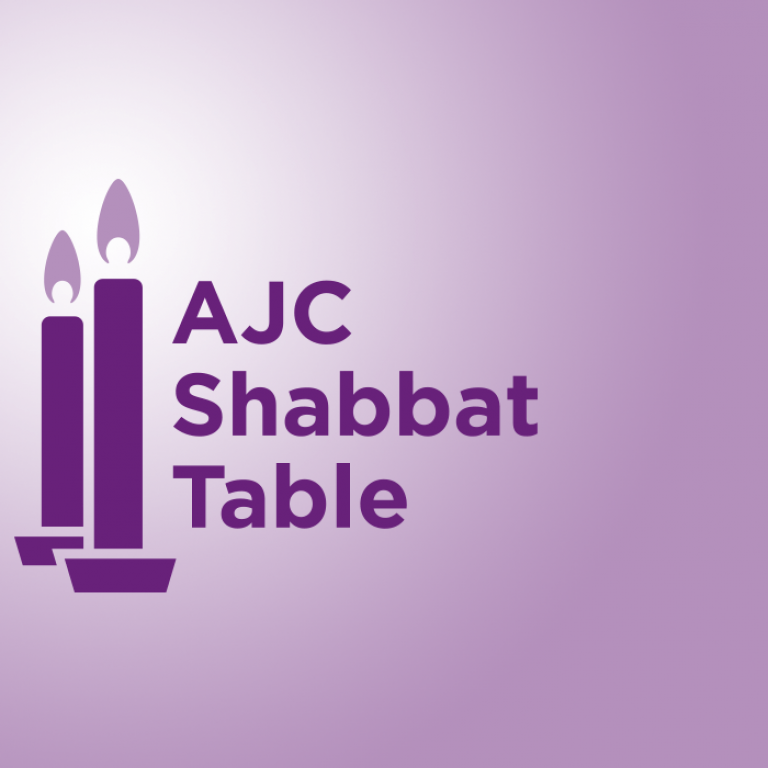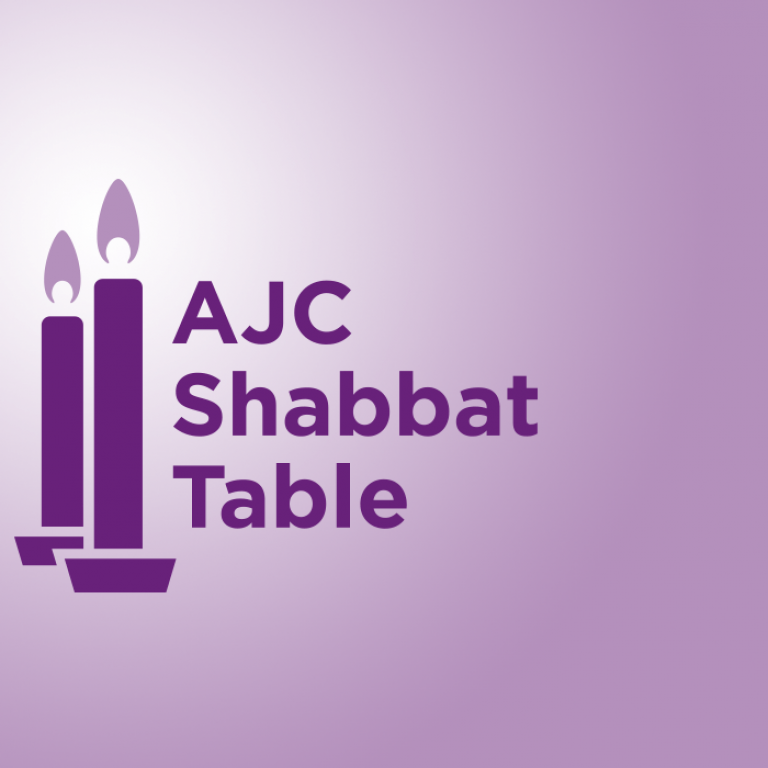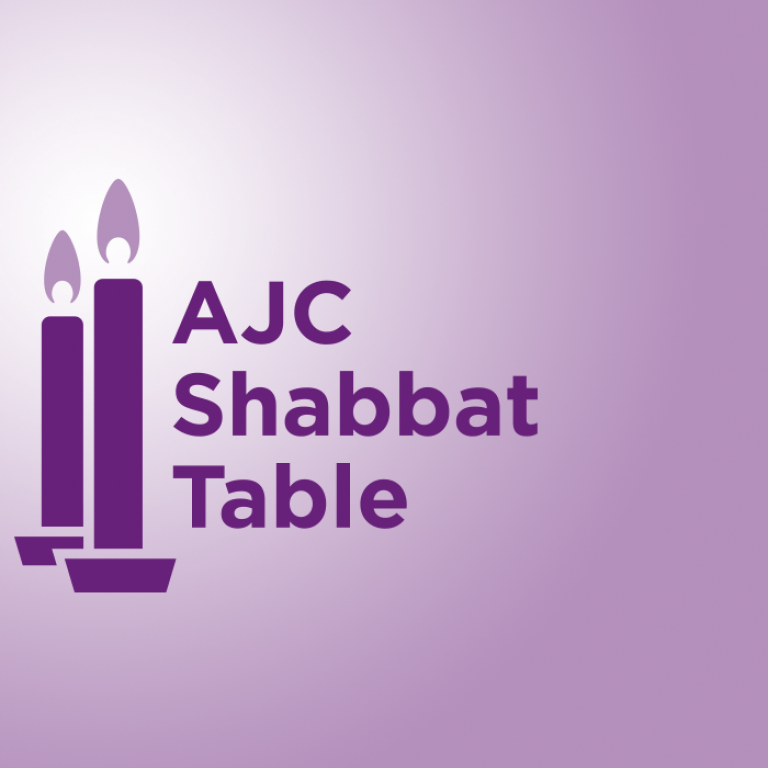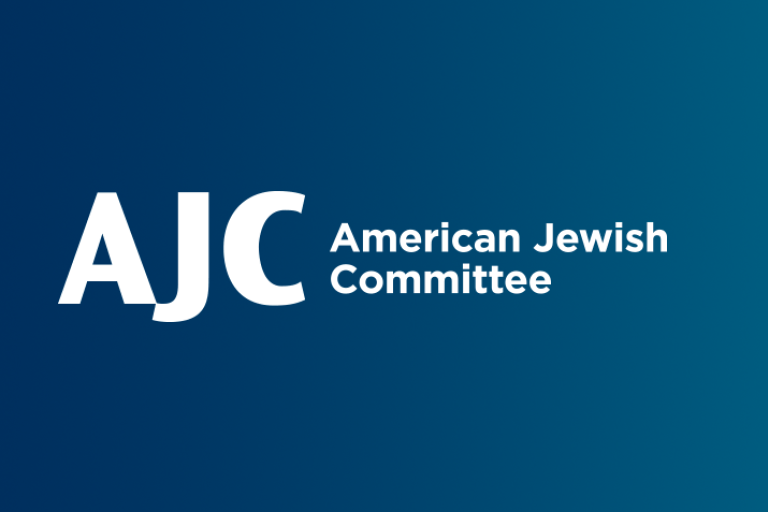September 11, 2020
This Shabbat: Parshat Netzavim Vayelech - Deuteronomy 29:9-31:30
One of the most beautiful verses in the whole Torah appears in this week’s parsha. Moses relates God’s words to the Children of Israel: “I make this covenant … not with you alone, but both with those who are standing here with us this day before the Lord our God and with those who are not with us here this day.” Being a part of the Jewish people, this verse tells us, does not mean you had to have been there at the beginning. All Jews, no matter when they were born or when they joined the Jewish people, are deemed to have been there. It is as if we all stood together at Sinai - those who were actually there, those who had already passed on, and the many generations that had not yet been born. Jewish peoplehood, this verse tells us, supersedes time and space. Commenting on this verse, the 18th century Moroccan Biblical commentator Chaim ibn Attar, also known as the Or Ha'Chayim, notes that it is a bit repetitive. Why, he asks, was it necessary for the Torah to say “not with you alone”? After all, the verse would have made equal sense had it said that the covenant was made with “those standing here today” and “those who are not with us here this day.” He answers that by writing “not with you alone,” the Torah conveys that it is each generation’s responsibility to see themselves as part of a train of tradition and to transmit Jewish peoplehood to future generations. The words of the Or Ha’Chayim ring true for us today. As we think about our own notions of Jewish peoplehood, we must remember that it is our responsibility to ensure that we pass on that legacy to the generations to come after us.
This Week in Jewish History
September 12, 1977 - Idan Raichel is born
Idan Raichel is a world-renowned, beloved Israeli composer and singer whose work beautifully integrates musical and lyrical elements from the many ethnic groups in Israeli society as well as from traditional Jewish texts. Born in Kfar Saba, a city on the coastal plain of Israel, to an Ashkenazi family with roots in Eastern Europe, Raichel loved music from all different cultures from his earliest childhood. After his army service, while working on launching his music career, he set up a studio in his parents’ basement and invited a diverse group of singers and musicians - including many Ethiopian Jews - to record music with him. In 2002, he released his first single “Boee” (Come to Me), a song with a “world music” sound and lyrics in Hebrew and Amharic (the language spoken by Ethiopians). The song was an instant hit. His first album was called the Idan Raichel Project, a name which he began to use for his collaboration between artists of myriad diverse backgrounds. In the years since, Raichel has brought together dozens of musicians and singers - Ashkenazi, Mizrachi, Ethiopian, and Arab - to collaborate on making music that reflects the rich tapestry of Israeli society. One of Raichel’s most famous and most beautiful songs is Mimamakim (Out of the Depths). The song is an amazing example of Raichel’s work. The lyrics, sung by Ethiopian-Israeli Avi Vesa Vograss and Raichel, are in Amharic and Hebrew. The title and opening words are a riff on Psalm 130, which begins with the words “Out of the depths I call to you, God.” Raichel’s version turns the cry to God into his longing for a woman. Listening to Raichel’s music affords us a window into the cultural diversity of Israeli society, and the deep and evocative ways in which traditional Jewish texts continue to impact modern Israeli culture. Treat yourself: watch the video of Mimamakim here and check out the lyrics here.
September 19, 1899 - Alfred Dreyfus is pardoned by the president of France
The Dreyfus Affair is one of the most notorious and impactful cases of antisemitism in modern Jewish history. Alfred Dreyfus (1859-1935) was an assimilated French Jew who was a career army officer in the French Army. In 1894, he was arrested for allegedly passing military secrets to Germany. Despite a lack of actual evidence connecting him to the crime, Dreyfus was presumed to be guilty because he was Jewish, which in the minds of many meant he was inherently disloyal to France. Dreyfus was convicted of treason in January 1895 and sentenced to life imprisonment on Devil’s Island, a French penal colony off the coast of South America. In a very public shaming following his conviction, Dreyfus had his military decorations cut off his uniform and his sword broken while onlookers shouted antisemitic epithets at him. A young journalist from Vienna named Theodor Herzl, reporting in Paris, watched the proceedings with growing alarm.
The following year, evidence came to light that proved someone else, a man named Walter Esterhazy, was actually guilty of spying for the Germans. When Esterhazy was put on trial though, he was acquitted. The public outcry was enormous. The famous novelist Emile Zola published an open letter to the French President titled “J’accuse” in which he accused the authorities of conspiring to convict Dreyfus due to antisemitism.
Because of the public outcry and due to the exculpatory evidence that had been found, Dreyfus was brought back from Devil’s Island to be retried in 1899. Antisemitic rhetoric surrounded the trial and despite the evidence proving Dreyfus’ innocence, the military court found him guilty yet again. After an enormous outcry, the president of France pardoned Dreyfus on September 19, 1899, and Dreyfus was released from prison the following day. It wasn’t until 1906, seven years later, that he was exonerated for the crime he did not commit.
The Dreyfus Affair shocked Jews around the world. They were horrified that an innocent man could be convicted of treason simply for being a Jew. And, the fact that Dreyfus, an assimilated Jew, was the target of such antisemitism showed Jews that assimilation would not protect them from antisemitism. Remember Theodor Herzl, the young journalist who watched as Dreyfus was publicly shamed for a crime he did not commit? He became known as the Father of Zionism. The Dreyfus Affair was a tipping point for him, leading him to come to the realization that Jews would never be fully safe in Europe. What they needed, he decided, was a state of their own.
A Treasure from the AJC Archives - AJC’s support of school integration (1954)
This past week as AJC joined together with the National Urban League for #BlackJewishUnity Week, many programs and speakers highlighted the partnership between Jews and Blacks during the Civil Rights movement. This week’s treasure from the AJC Archives documents that partnership. It is a letter written by Melvin Glasser, the executive director of the Truman administration’s Mid-Century White House Conference on Children and Youth, to AJC Executive Vice President, John Slawson. In the letter, Glasser writes about the importance of AJC’s financial support of a study conducted by an African American husband and wife team of psychologists, Dr. Kenneth and Mamie Clark. The study, which showed that African American children in segregated environments preferred white skinned dolls over dark skinned dolls, influenced the Supreme Court’s decision in Brown v. Board of Education. Glasser understood that AJC’s financial support of Clark’s research was critical to the success of the argument that school integration was necessary to combat discrimination and racism. As he wrote at the end of the letter, “It is not often that we can show such a direct relationship between good research and desirable social action, but when we can, it is certainly heartening.” You can read this very special letter by clicking here.
For Shabbat Table Discussion: From Ideas to Action
#BlackJewishUnity Week was incredibly inspiring. Over the course of the week, we heard a great deal about our two communities’ shared history and shared goals of working for a better tomorrow by fighting racism, antisemitism, and hate in our world. But being inspired is not enough. As Rabbi Angela Buchdahl said so beautifully in Thursday’s #BlackJewishUnity Week panel discussion on the legacy of Rev. Martin Luther King, Jr. and Rabbi Abraham Joshua Heschel, “[Our agenda] needs to be more than thoughts and prayers. It needs to be action.” How do we take the ideas discussed this past week and translate them into action? How can we as individuals fight for change when the problems our society faces seem so enormous?
Questions for discussion at your table:
- The state of the world seems pretty dark right now and making meaningful change feels very daunting. What is our responsibility as individuals to fight for change?
- Do our small efforts even matter? Do they make a difference when the problems are so vast and we are so tiny?
- Have you ever worked on an effort that you felt brought about change? What was it? Why do you think it was successful?
- How has coronavirus impacted the way we think about making change?
As we think about making change, AJC and the National Urban League have given us a tangible action that each of us can easily take to help fight racism and antisemitism in America: fight for the passage of the National Opposition to Hate, Assaults, and Threats to Equality (NO HATE) Act. The NO HATE Act improves reporting and expands assistance and resources for victims of hate crimes. You can learn more about the NO HATE Act by watching AJC’s Advocacy Anywhere program interviewing U.S. Representatives Don Beyer (D-VA) and Pete Olson (R-TX) about their bipartisan support of this crucial legislation here. And, you can take action by emailing your members of Congress to urge them to support it as well.
“How wonderful it is that nobody need wait a single moment before starting to improve the world.”
--Anne Frank
Shabbat shalom!
שבת שלום!

